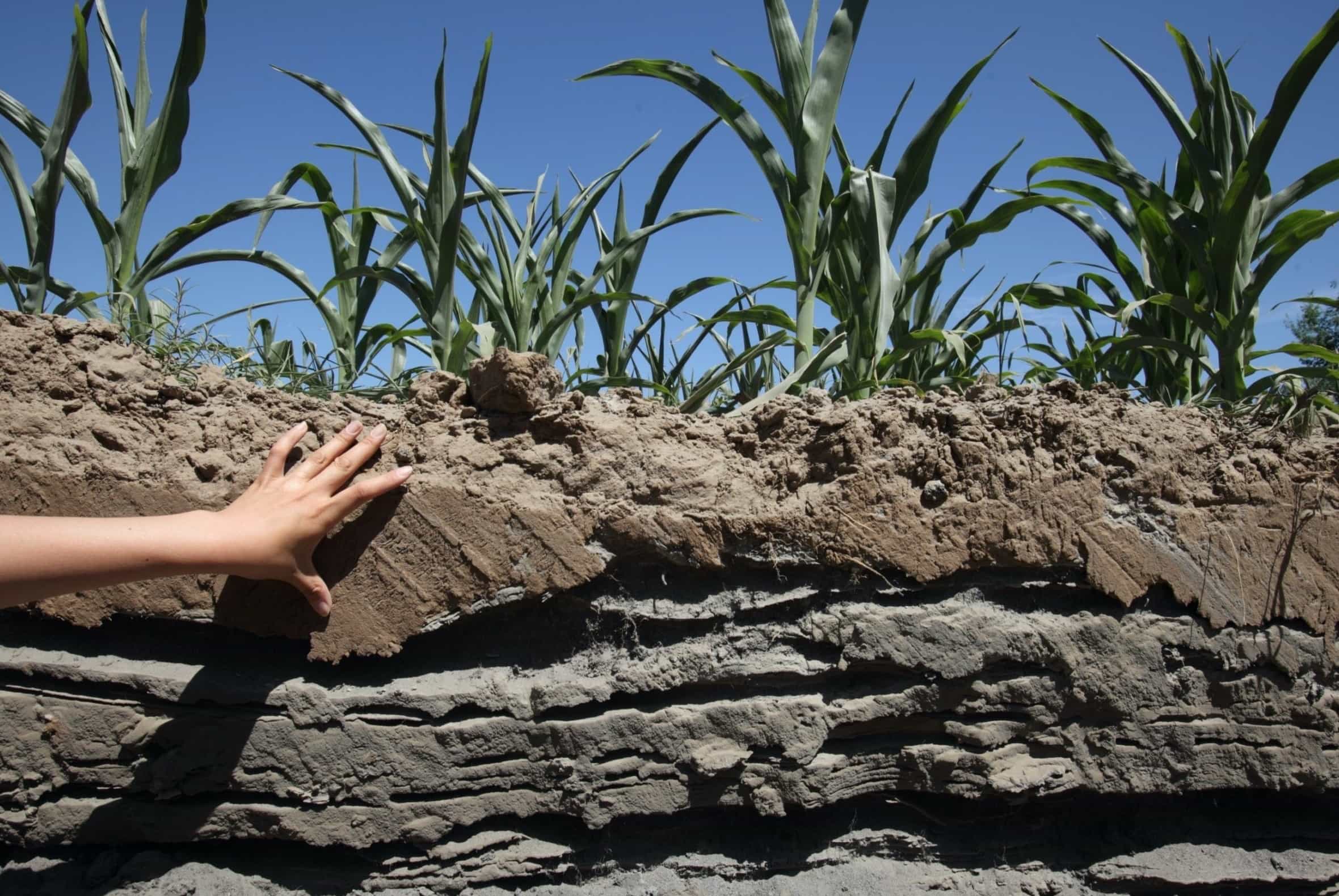
Soil pollution is a pressing environmental issue that affects the health of ecosystems and communities worldwide. It occurs when harmful substances, such as chemicals, heavy metals, and pesticides, contaminate the soil, leading to detrimental effects on plant and animal life. Understanding the facts about soil pollution is crucial for raising awareness and implementing effective solutions to mitigate its impact.
In this article, we will delve into 19 compelling facts about soil pollution, shedding light on its causes, consequences, and potential remedies. From the widespread use of agrochemicals to the long-term effects of soil contamination on human health, these facts will provide valuable insights into the complex nature of soil pollution. By gaining a deeper understanding of this environmental challenge, we can take meaningful steps towards preserving the integrity of our soil and safeguarding the well-being of future generations.
Key Takeaways:
- Soil pollution, caused by industrial activities and chemicals, harms ecosystems and human health. It affects agriculture, water quality, and biodiversity, requiring sustainable practices and global cooperation for solutions.
- Soil pollution poses risks to food supply, water quality, and human health. It demands responsible industrial practices, eco-conscious consumer choices, and global environmental responsibility for effective solutions.
Soil Pollution Facts
Soil pollution is a significant environmental issue that impacts ecosystems, human health, and food security. Here are 19 soil pollution facts that shed light on this pressing concern:
Soil pollution affects over 1.5 billion hectares of arable land worldwide.
The extensive reach of soil pollution poses a substantial threat to global agricultural productivity and food supply.
Soil pollution can result from various sources, including industrial activities, agricultural chemicals, and improper waste disposal.
Heavy metals, such as lead, mercury, and cadmium, are common soil pollutants.
These toxic substances can persist in the soil for extended periods, posing risks to plant growth and contaminating the food chain.
Pesticides and herbicides contribute significantly to soil pollution.
The widespread use of these chemicals in agriculture can lead to soil degradation and long-term environmental damage.
Soil pollution can lead to water contamination.
Harmful substances from polluted soil can leach into groundwater, affecting water quality and posing risks to aquatic ecosystems.
Soil pollution impacts biodiversity.
Contaminated soil can disrupt the balance of ecosystems, leading to a decline in soil-dwelling organisms and beneficial microorganisms.
Soil pollution poses health risks to humans.
Exposure to polluted soil can result in various health issues, including respiratory problems, skin ailments, and potential long-term effects from consuming contaminated food.
Soil pollution can hinder sustainable development.
The degradation of soil quality due to pollution can impede efforts to achieve sustainable development goals, affecting communities and economies.
Soil pollution exacerbates land degradation.
Polluted soil is more susceptible to erosion, compaction, and reduced fertility, leading to diminished agricultural productivity and land usability.
Soil pollution has long-term effects on the environment.
The persistent nature of soil pollutants can lead to lasting damage, impacting future generations and the overall health of the planet.
Soil pollution can be mitigated through sustainable practices.
Implementing soil conservation techniques, organic farming methods, and responsible waste management can help reduce and prevent soil pollution.
Soil pollution requires collaborative efforts for effective solutions.
Addressing soil pollution demands cooperation among governments, industries, and communities to enact policies and practices that prioritize environmental protection.
Soil pollution awareness is crucial for proactive intervention.
Educating the public about the causes and consequences of soil pollution is essential for fostering environmental stewardship and promoting sustainable land use.
Soil pollution research is vital for understanding its complexities.
Ongoing scientific studies and research initiatives are instrumental in comprehending the dynamics of soil pollution and developing effective remediation strategies.
Soil pollution necessitates responsible industrial practices.
Industries must adopt eco-friendly production processes and adhere to stringent environmental regulations to minimize soil pollution risks.
Soil pollution underscores the importance of soil conservation.
Preserving and restoring soil health through conservation efforts and reforestation can help combat the detrimental effects of soil pollution.
Soil pollution highlights the significance of sustainable waste management.
Proper disposal and recycling of waste materials are essential in preventing soil contamination and safeguarding environmental integrity.
Soil pollution emphasizes the need for eco-conscious consumer choices.
Supporting sustainable and organic products, reducing chemical usage, and advocating for environmentally friendly practices can contribute to mitigating soil pollution.
Soil pollution prompts global environmental responsibility.
Recognizing soil pollution as a shared global concern underscores the collective responsibility to protect and preserve the Earth's vital natural resources.
Soil pollution is a complex environmental challenge that necessitates concerted action and awareness to safeguard the planet's well-being and ensure a sustainable future for generations to come.
Conclusion
In conclusion, soil pollution is a critical environmental issue that demands immediate attention. The detrimental effects of soil pollution on ecosystems, agriculture, and human health cannot be overstated. By understanding the causes and consequences of soil pollution, we can take proactive measures to mitigate its impact. Through sustainable agricultural practices, responsible waste management, and the use of eco-friendly products, we can work towards preserving the integrity of our soil. It is imperative for individuals, communities, and governments to collaborate in implementing effective solutions to combat soil pollution and safeguard the health of our planet for future generations.
FAQs
What are the main sources of soil pollution?
Soil pollution can originate from various sources, including industrial activities, agricultural practices, improper waste disposal, and urbanization. Industrial pollutants, such as heavy metals and chemicals, significantly contribute to soil contamination.
How does soil pollution affect human health?
Soil pollution can lead to the contamination of food crops, posing serious health risks to humans. Consuming produce grown in polluted soil can expose individuals to harmful chemicals and heavy metals, potentially causing adverse health effects.
Was this page helpful?
Our commitment to delivering trustworthy and engaging content is at the heart of what we do. Each fact on our site is contributed by real users like you, bringing a wealth of diverse insights and information. To ensure the highest standards of accuracy and reliability, our dedicated editors meticulously review each submission. This process guarantees that the facts we share are not only fascinating but also credible. Trust in our commitment to quality and authenticity as you explore and learn with us.


